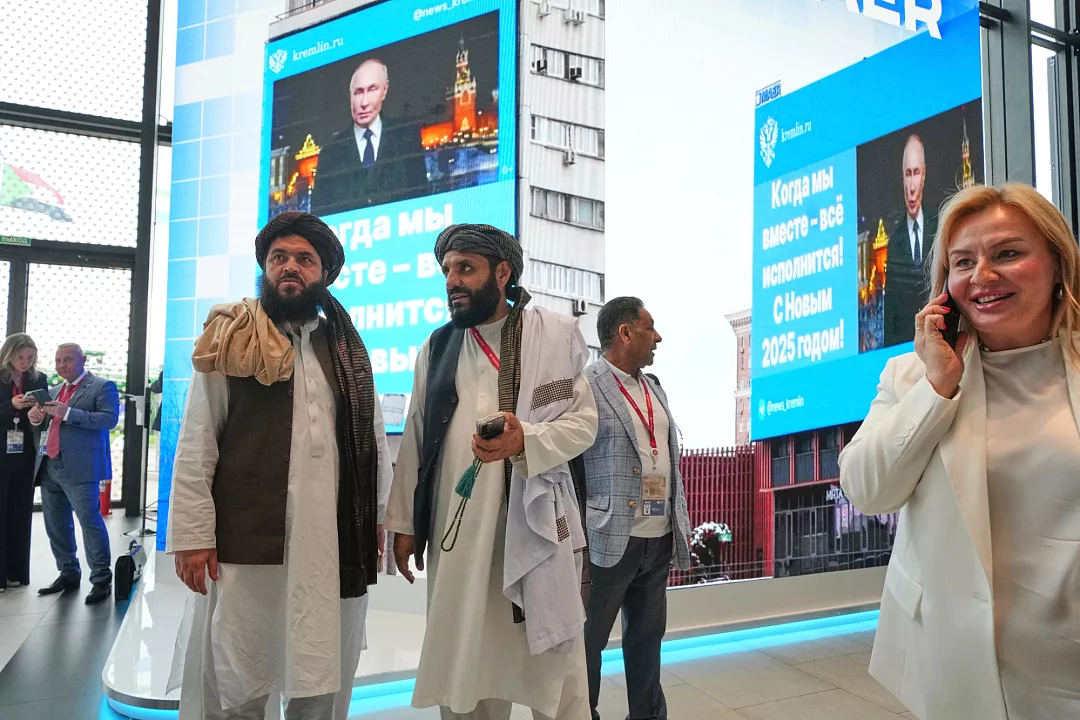Executive Summary
June 2025 witnessed an alarming escalation in anti-Muslim actions across India, marked by mass deportations, communal violence, and discriminatory legislation. The government’s “pushback” campaign targeted Bengali-speaking and Rohingya Muslims, forcibly expelling hundreds, many with valid documents, without due process, drawing condemnation from Bangladesh and international human rights bodies. Simultaneously, Eid Al-Adha celebrations were marred by mob attacks, FIRs, and hate campaigns portraying animal sacrifice as cruel, reflecting the politicisation of Muslim religious practices. The Waqf (Amendment) Act, expanding state control over Muslim endowments, faced legal challenges for violating constitutional protections. Across all levels, executive, legislative, and social, anti-Muslim rhetoric was amplified by elected officials and online campaigns, normalising hate and undermining secular governance. Despite these pressures, Muslim communities responded with legal resistance and public advocacy. Together, these developments reveal a coordinated, multi-pronged strategy of marginalisation, eroding the rule of law and threatening the civic and religious rights of India’s largest minority
Main Points
• Over 2,500 Muslims, mainly Bengali-speaking and Rohingya, have been deported under India’s pushback campaign since May 2025. Bangladesh reported 1,600 arrivals, many forced across at gunpoint.
• Assam Chief Minister Himanta Biswa Sarma confirmed 300 deportations, publicly linking the campaign to saving the state from illegal infiltration.
• Bangladesh Border Guards returned 100 deportees, stating they were Indian citizens, many had valid ID cards or pending citizenship cases.
• Deportations were reported not only in Assam but also in Gujarat and Maharashtra, where police identified over 250 Muslims for expulsion.
• The Association for Protection of Civil Rights (APCR) recorded 947 anti-Muslim incidents between June 2024 and June 2025: 345 hate speeches, 602 hate crimes, 173 violent attacks, and 25 deaths, all Muslim victims.
• During Eid al-Adha , major incidents occurred in Uttar Pradesh, Madhya Pradesh, and Rajasthan, including mob violence and FIRs against Muslims for offering prayers or conducting Qurbani.
• 109 hate speeches were made by political party members in the past year, 63 by BJP Chief Ministers and 5 by Prime Minister Modi.
• The Waqf Amendment Act affects over 870,000 Muslim religious properties worth $14.2 billion.
• The Supreme Court heard multiple petitions against the Waqf Act and reserved judgment after intense debate in early June 2025.
• Amnesty International issued a statement on June 19 demanding an immediate halt to Rohingya deportations, calling them unlawful and discriminatory.
• Social media campaigns against animal sacrfice and in support of pushbacks gained mass traction, with tens of thousands of posts driven by BJP and RSS-linked accounts during Eid week.




![Afghan men search for victims after a Pakistani air strike hit a residential area in the Girdi Kas village, Nangarhar province on February 22, 2026. [Aimal Zahir/AFP/Getty Images]](https://southasiatimes.org/wp-content/uploads/2026/02/gettyimages-2262391441.webp)

